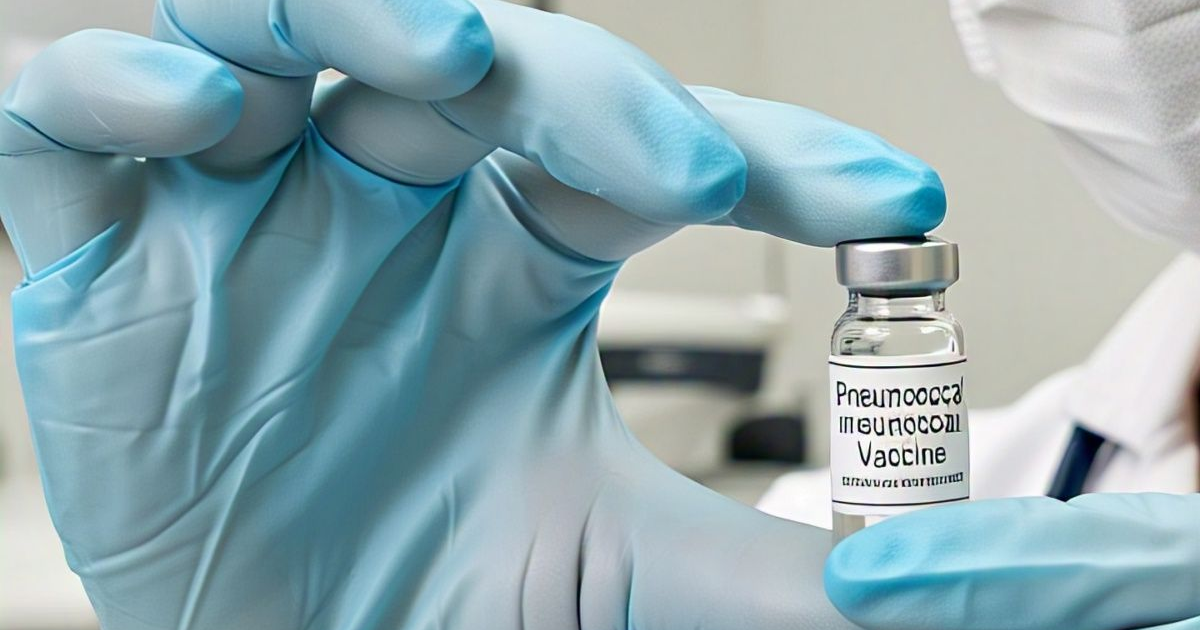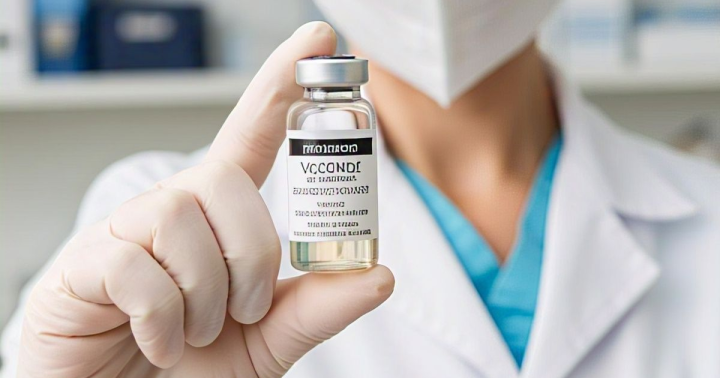The pneumococcal vaccine is a vital immunization that protects against infections caused by the Streptococcus pneumoniae bacteria. These infections can range from mild illnesses, like sinusitis and ear infections, to severe and potentially life-threatening conditions such as pneumonia, sepsis, and meningitis. This in-depth, SEO-friendly guide covers everything you need to know about the pneumococcal vaccine, including types, benefits, who should get vaccinated, potential side effects, and its overall public health significance.
What is the Pneumococcal Vaccine?
The pneumococcal vaccine is designed to protect against Streptococcus pneumoniae, a bacterium responsible for pneumococcal disease. Pneumococcal infections can be invasive and lead to serious health issues, especially in young children, older adults, and individuals with weakened immune systems.
There are two main types of pneumococcal vaccines:
- Pneumococcal Conjugate Vaccine (PCV13 and PCV20): Protects against 13 to 20 types of pneumococcal bacteria. Recommended for children and some adults.
- Pneumococcal Polysaccharide Vaccine (PPSV23): Covers 23 types of pneumococcal bacteria. Generally recommended for adults over 65 and people with certain medical conditions.
Importance of the Pneumococcal Vaccine
Pneumococcal disease can cause severe complications and even death if left untreated. According to the CDC, thousands of people die from pneumococcal diseases each year in the United States alone. Vaccination is a safe and effective way to reduce the risk of severe infection.
Key Benefits:
- Prevents bacterial pneumonia
- Reduces hospitalizations due to pneumococcal infections
- Protects vulnerable populations
- Lowers antibiotic resistance by preventing infection
Who Should Get the Pneumococcal Vaccine?
For Infants and Children:
- PCV13 or PCV20 is recommended in a series of 4 doses at 2, 4, 6, and 12–15 months of age.
For Adults:
- All adults aged 65 or older should receive either PCV20 or a combination of PCV15 followed by PPSV23.
- Adults 19 through 64 years old with specific health conditions (like chronic heart, lung, or liver diseases, diabetes, or immunocompromised states) should also be vaccinated.
Special Populations:
- Smokers and residents of long-term care facilities are at higher risk and are advised to get vaccinated.
How is the Pneumococcal Vaccine Administered?
The vaccine is given as an intramuscular injection, typically in the upper arm or thigh. The dosage and schedule depend on age, health condition, and previous vaccination history.
Side Effects and Safety
The pneumococcal vaccine is generally safe. Most side effects are mild and temporary.
Common Side Effects:
- Redness or swelling at the injection site
- Mild fever
- Fatigue
- Muscle aches
Rare Side Effects:
- Severe allergic reactions (anaphylaxis), though extremely rare, should be addressed immediately
Pneumococcal Vaccine and COVID-19

Pneumococcal Vaccine Guide: Benefits, Types, and Who Should Get It
Amid the COVID-19 pandemic, protecting against other respiratory infections has become even more crucial. Getting the pneumococcal vaccine can help reduce the risk of coinfection, which could lead to complications or prolonged illness.
Differences Between PCV and PPSV Vaccines
| Feature | PCV13/PCV20 | PPSV23 |
|---|---|---|
| Type | Conjugate vaccine | Polysaccharide vaccine |
| Immune response | Stronger, long-lasting | Weaker, shorter-term |
| Age group | Infants, older adults | Adults 65+, high-risk individuals |
| Booster required | Sometimes | Yes, every 5 years in high-risk cases |
Myths and Misconceptions
Myth 1: “I don’t need it if I’m healthy.”
Truth: Even healthy individuals can contract pneumococcal disease, especially with age.
Myth 2: “It causes pneumonia.”
Truth: The vaccine cannot cause pneumonia; it protects against it.
Myth 3: “It’s the same as the flu shot.”
Truth: The pneumococcal vaccine is different from the influenza vaccine. Both are recommended, especially for older adults.
How Effective is the Pneumococcal Vaccine?
Studies have shown the pneumococcal conjugate vaccines to be more than 80% effective in preventing serious pneumococcal disease in children. Among adults, the vaccine significantly lowers the risk of pneumonia and invasive infections.
Cost and Availability
In most countries, including the United States, the pneumococcal vaccine is covered by health insurance and public health programs. It’s widely available at primary care clinics, hospitals, and pharmacies.
Global Impact of the Pneumococcal Vaccine
Widespread use of the vaccine has led to a dramatic decrease in pneumococcal disease worldwide. According to WHO and UNICEF, vaccination programs have saved millions of lives, especially in developing nations.
When to Avoid the Pneumococcal Vaccine
- If you’ve had a severe allergic reaction to a previous dose
- If you’re moderately or severely ill, you may be advised to wait until recovery
- Always consult a healthcare provider before vaccination



